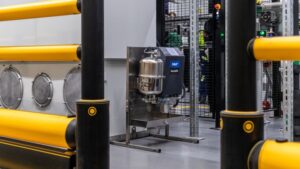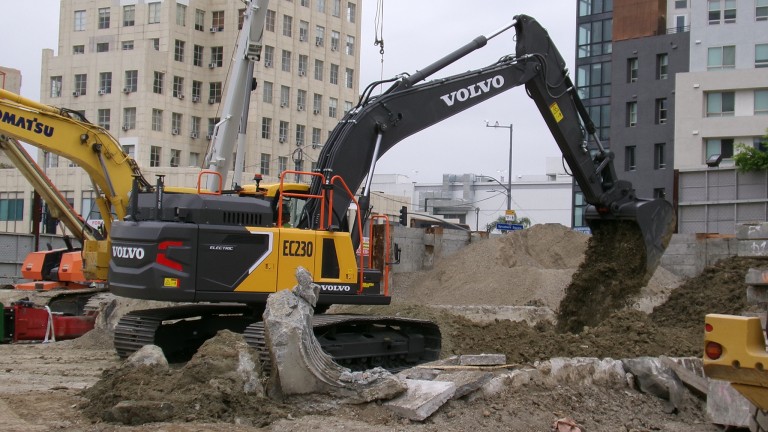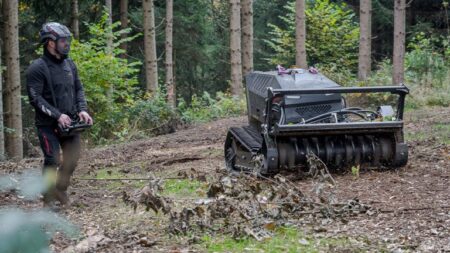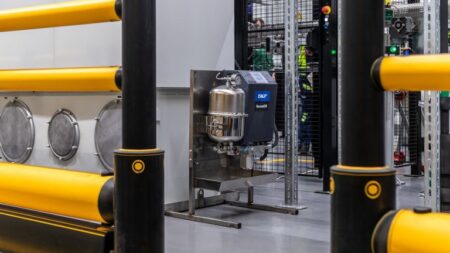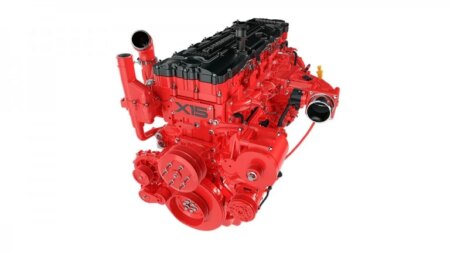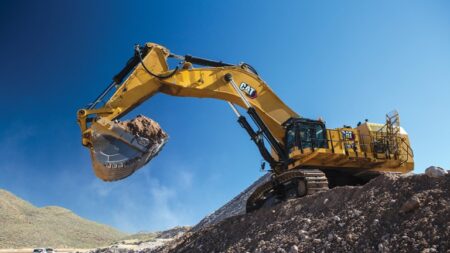A pilot project by Skanska that tested a Volvo battery-electric excavator on a transit job site in Los Angeles, California, has shown that the machine can work as well as its diesel counterpart while reducing emissions, costs, and noise pollution.
Skanska used the Volvo EC230 Electric for a 90-day pilot program on the Purple (D Line) Extension Transit Project, one of the first such tests of the electric machine in North America. The goal was to test the capability of a battery-powered excavator to perform the necessary construction work in relation to diesel-powered machines. It was also a way for Skanska to advance its mission of reducing carbon emissions on job sites, as well as Volvo’s goal to make fossil-free machinery more accessible in the United States.
Sunbelt Rentals supplied the EC230 Electric demonstration unit for the pilot program.
The excavator was used to load trucks of export construction material from a stockpile. Results of the 90-day trial indicate that the Volvo EC230 Electric performed the necessary activities as intended while keeping the pace of work on schedule. The results noted in the initial findings indicate reduced emissions and lowered costs. The unit reduced carbon per hour by 66 percent (34 kilograms) and saved an estimated 74 percent in cost per hour ($15.15).
Additionally, health and safety were improved using the electric machine. Much less vibration and noise were generated compared to a diesel excavator, creating a less tiring and better working environment for the operator and reducing construction noise in the surrounding community.
Operators also offered favourable feedback, noting the excavator’s ease of use and capacity.
“Skanska is proud to be a part of this pilot with Volvo which can serve as a catalyst for the evolution and adoption of lower emission construction practices,” said Mason Ford, director of sustainability and equipment services for Skanska USA Civil. “Aligned with our commitment to a cleaner future, the successful completion of this pilot program represents a significant stride forward for the entire industry. Change doesn’t happen overnight, but this type of investigation into the possibilities furthers the conversation around electrification and sustainable innovation within civil construction.”
Skanska has set ambitious climate targets and is aiming to achieve a 70 percent carbon reduction by 2030 in its own operations and across its value chain.
Read the full article here



